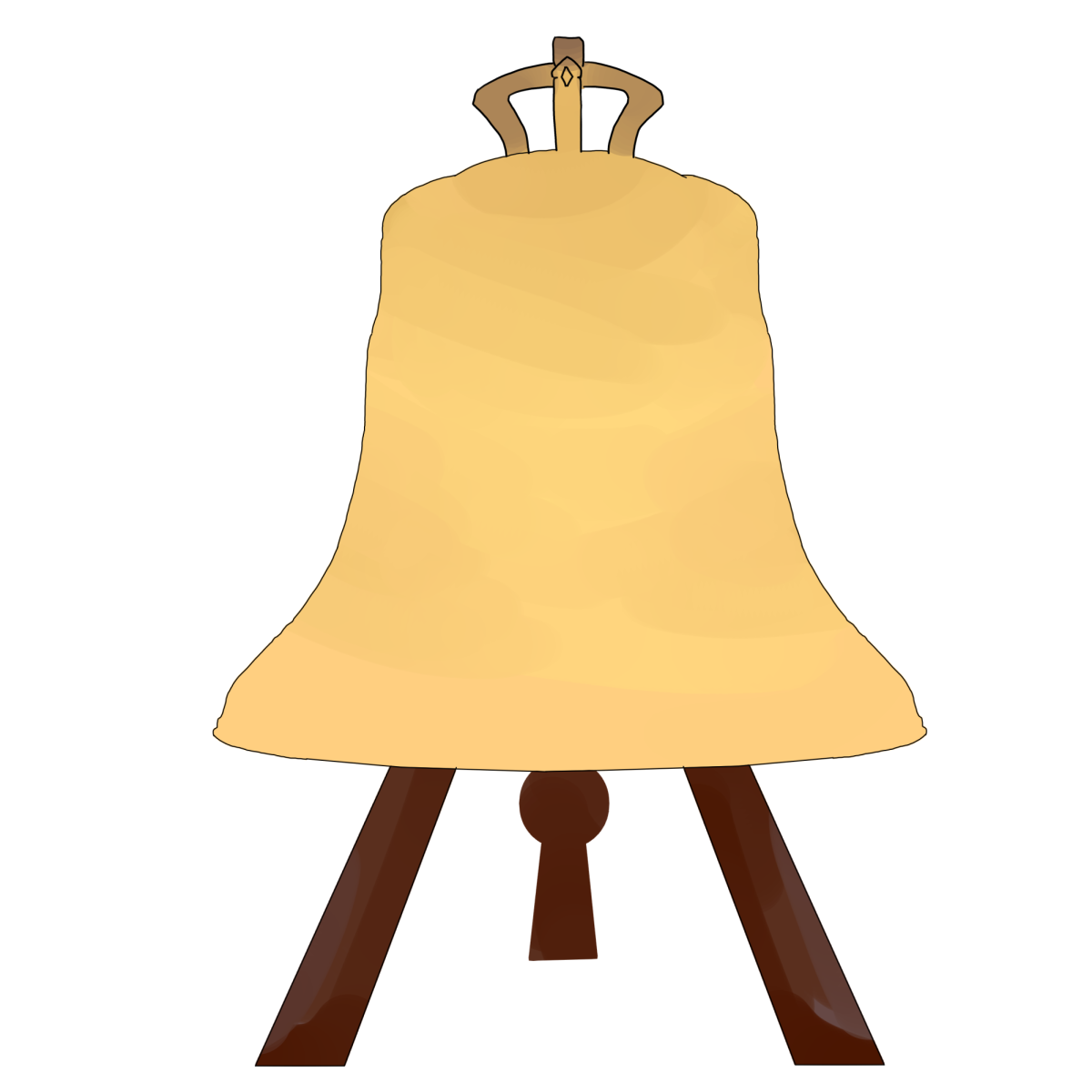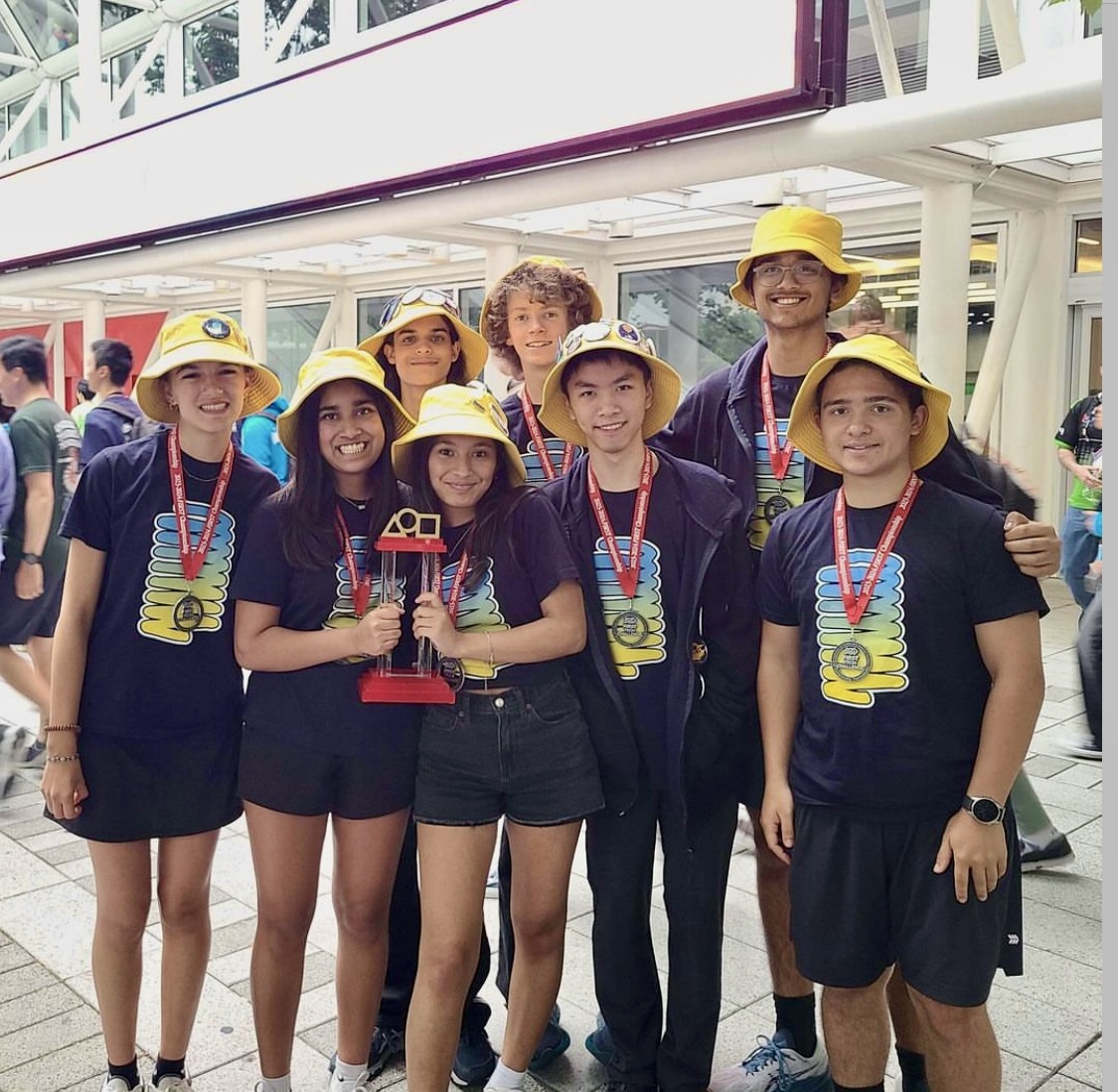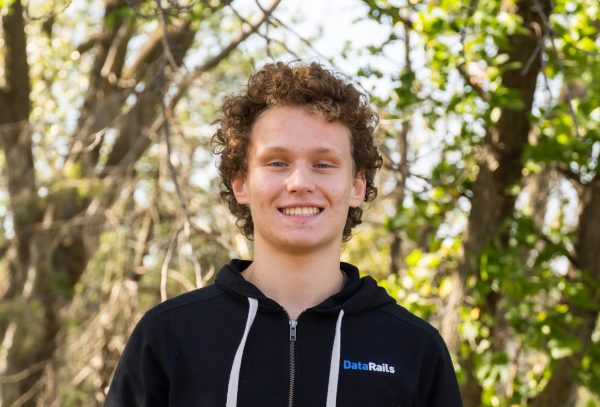With their signature yellow bucket hats in tow, Team Potential Energy recently took on the First Tech Challenge (FTC) World Championships in Houston between April 17 and 20. The tournament invites 160 robotics teams in the division to compete with other teams from around the world. Their third-place finish at the Minnesota FTC State Championship in February earned them a spot at the World Championship.
FTC robotics is an international competition where teams create robots that complete certain tasks to accumulate points. The robots all compete in a 12 by12 foot area where they must avoid obstacles and can ally with other teams in order to win competitions. Teams choose their allies based on their ranks prior to the tournament and compete together in games. Every September a new game is introduced involving new rules, scoring methods and penalties, forcing teams to adapt with different driving systems and software during the spring season.
Since their origins in 2022, Potential Energy has put in a lot of work that accounts for their success in competitions this season. Unlike other extracurricular activities, robotics continues to meet year-round. “In the summer, like off-season, they continue to meet once a week, and then they also have these outreach events where they went to the state fair and demoed their robot where they talk to people, and they let people drive the robot,” said Rumna Chowdhury-Dinsmoor, a coach and parent for Potential Energy.
In the spring, practices become more frequent, and team members are expected to put more work into making the robot competition-ready outside of practices. “We only meet normally two or three times a week for two or three hours. But then outside of that, you have to spend a lot of time working on [robotics] as well,” said junior Antonin Kostal, a member of Potential Energy. Leading up to the World Championships, some members spend over five hours per day working on different features of the robot.
Beyond their work ethic, a major part of Potential Energy’s success has been their involvement with younger students in the district. The team created “Project Momentum” which educates elementary school students about robotics and encourages them to become involved with robotics in the First Lego League. “We’re focused on building interest in younger children and the hope is that they’ll join those smaller Lego robotics programs and then later dropping into FIRST Tech Challenge as a sort of intermediate,” said sophomore James Chowdhury-Dinsmoor, member of Potential Energy. A big goal is rebuilding the lego robotics program at Turtle Lake Elementary School, one that several members of Potential Energy were a part of.
Ultimately, robotics is a team sport that is based on teamwork, which is why many members say the lessons learned expand beyond programming and software design. “It’s not dissimilar from a sport in that you win with your team and you can celebrate together, and you lose with your team and you learn how to deal with that by coming together to support each other,” said Chowdhury-Dinsmoor.


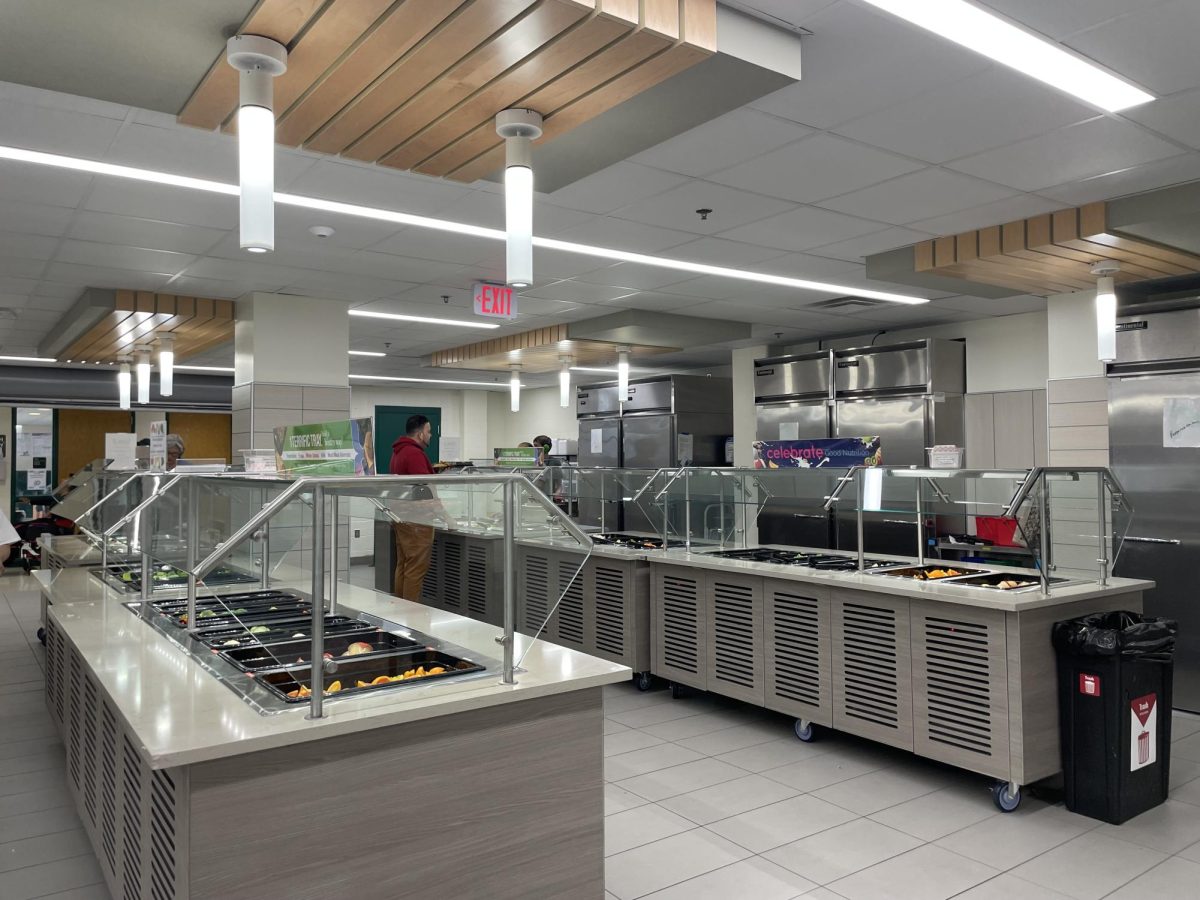
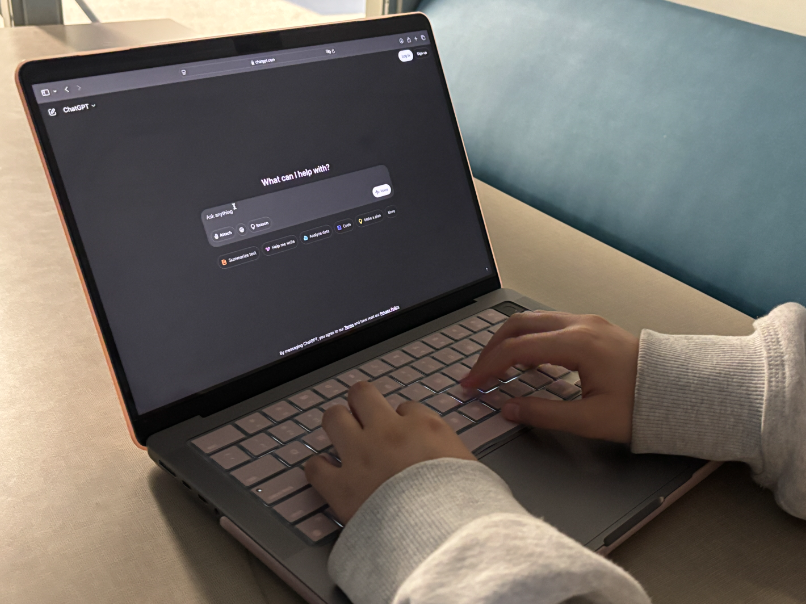

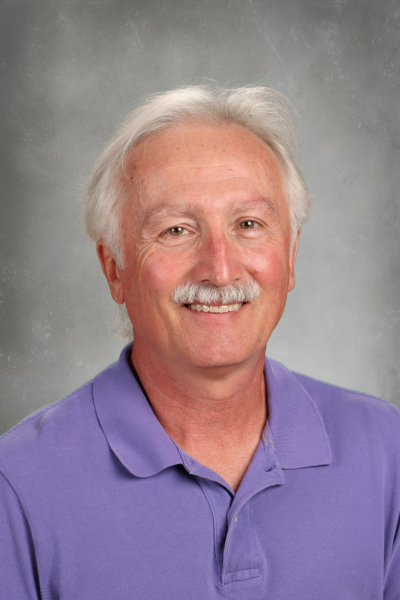
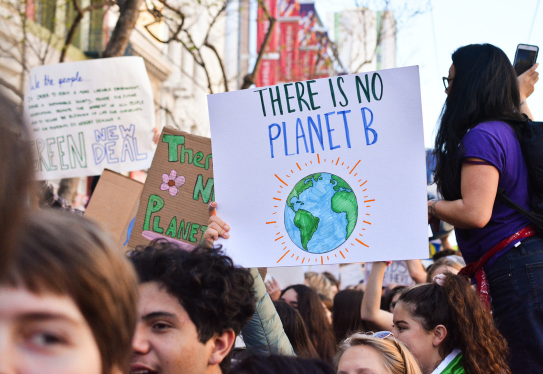





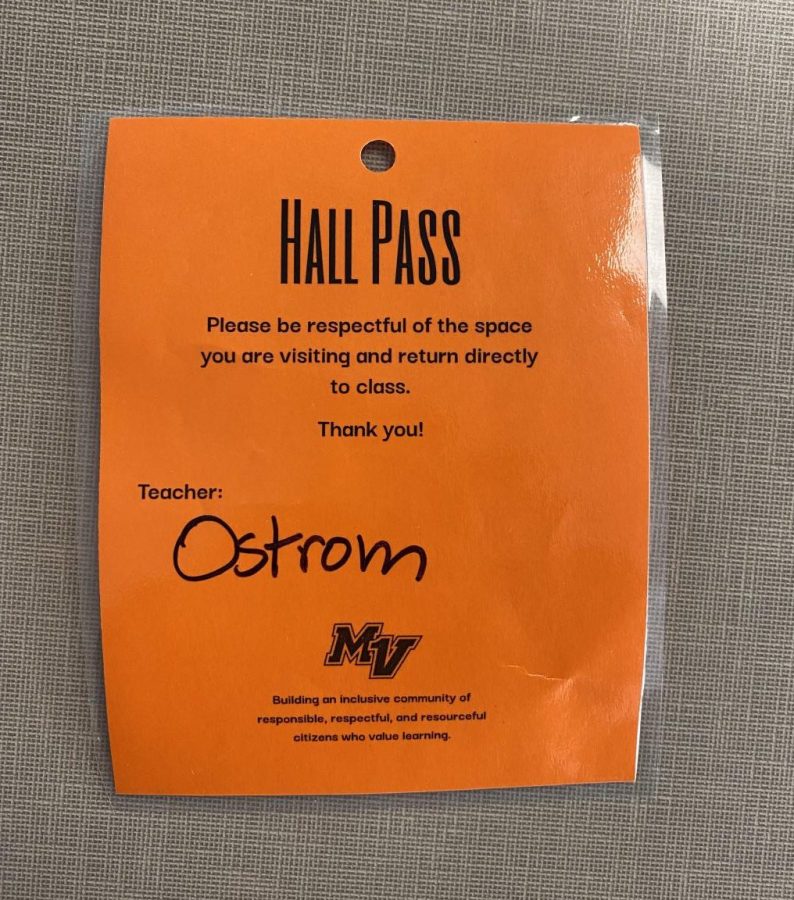


![[DEBATES] Prestigious colleges: value or hype?](https://www.mvviewer.org/wp-content/uploads/2024/12/buildings-1200x654.png)

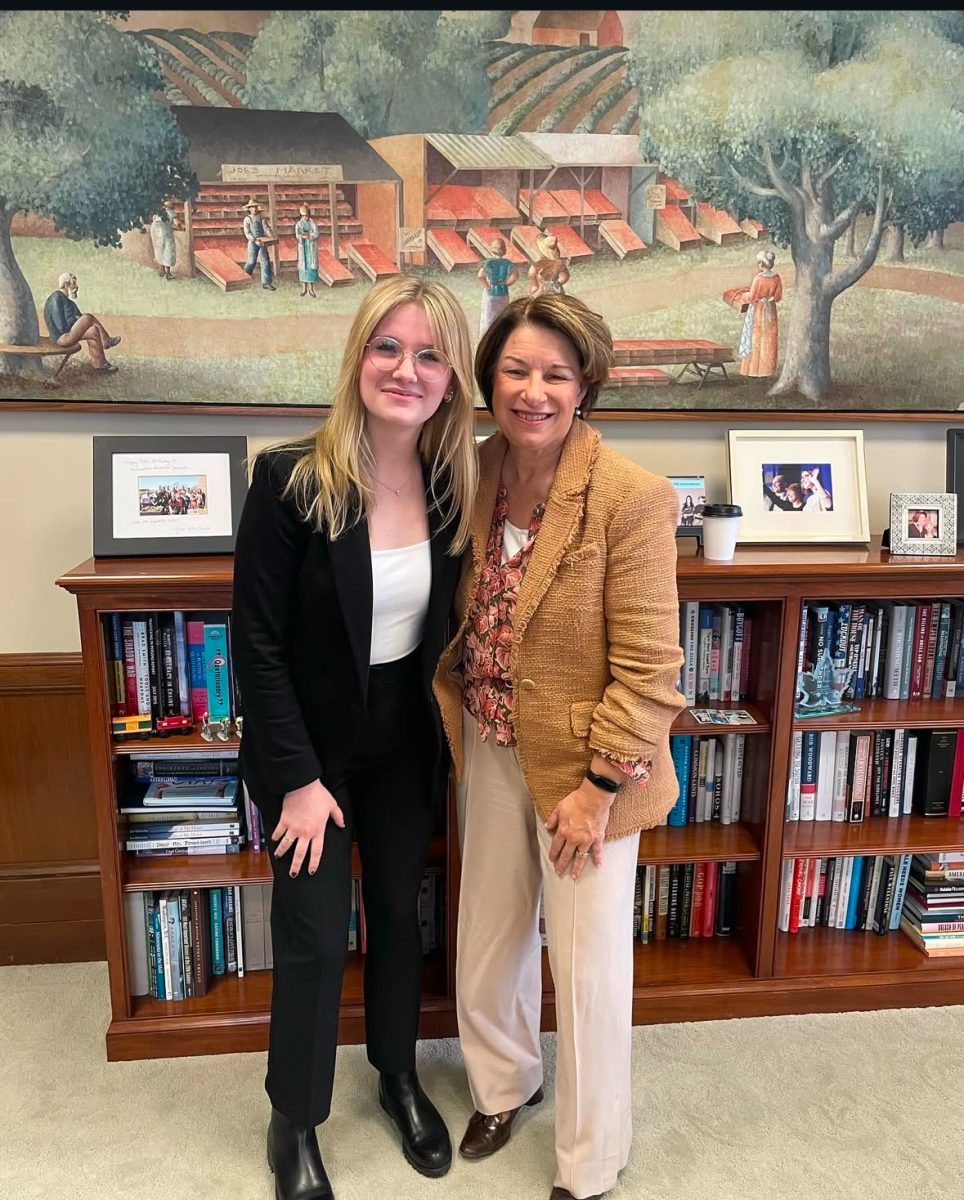
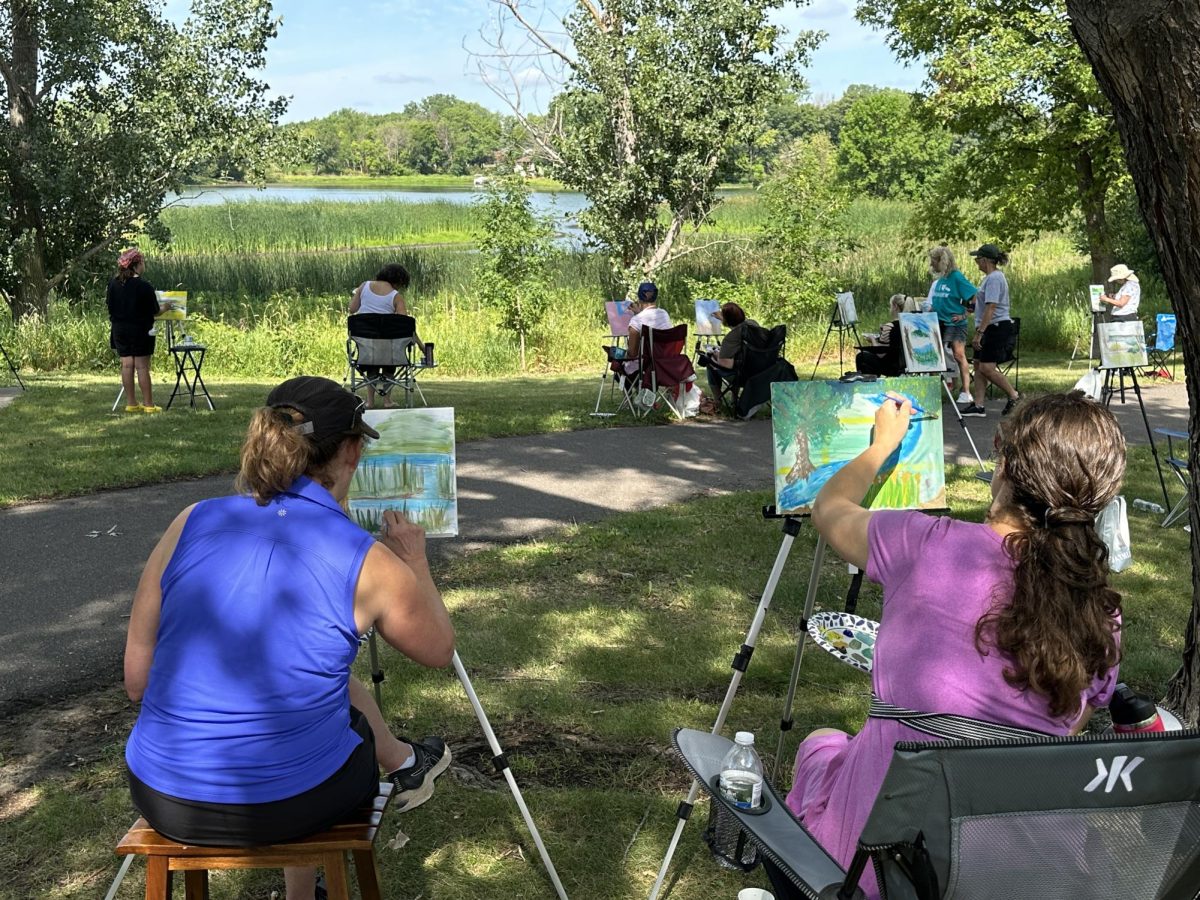
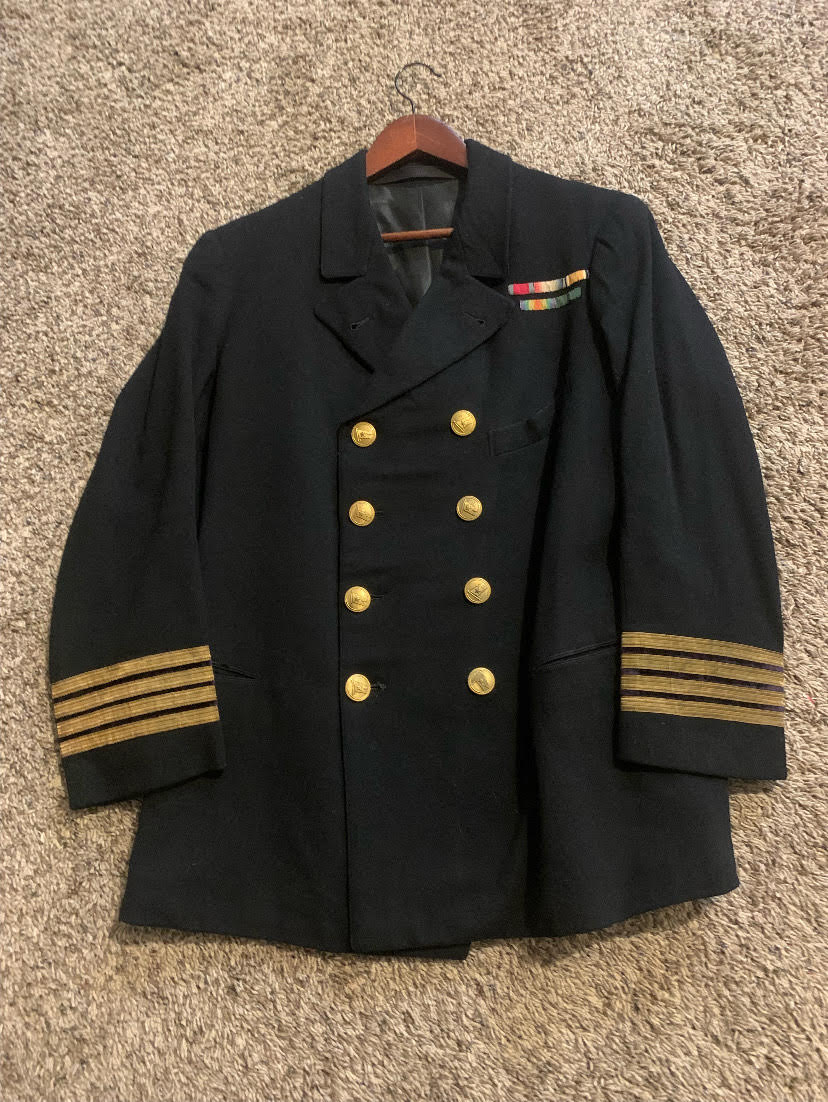
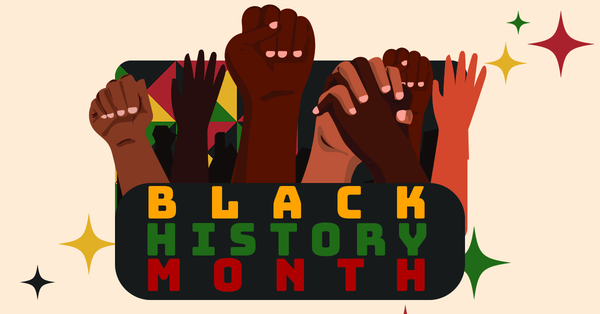
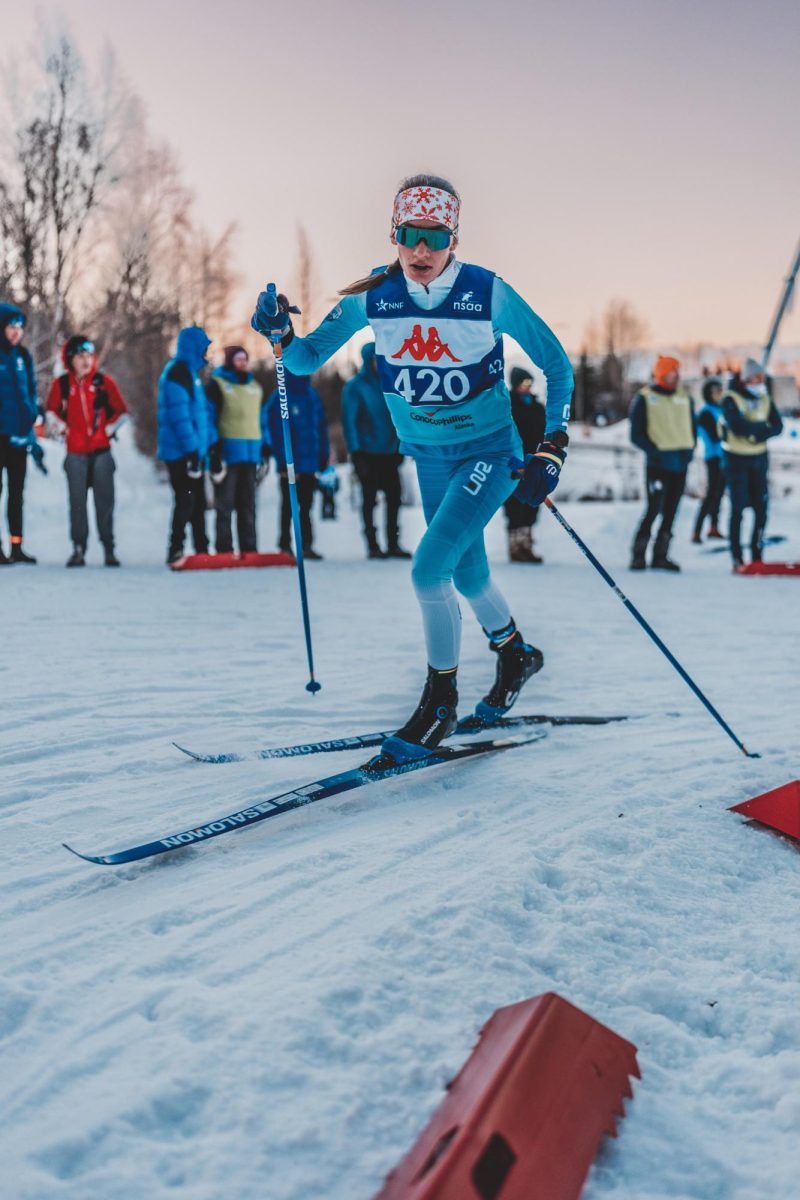


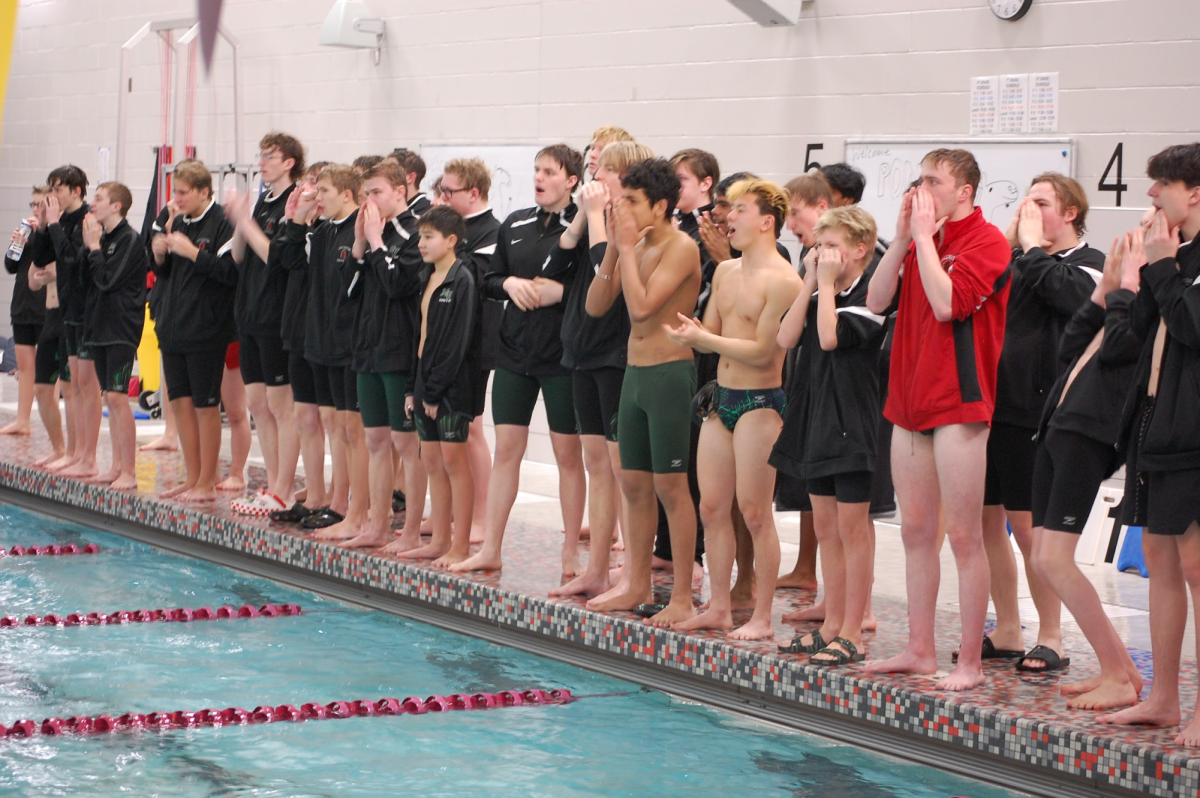
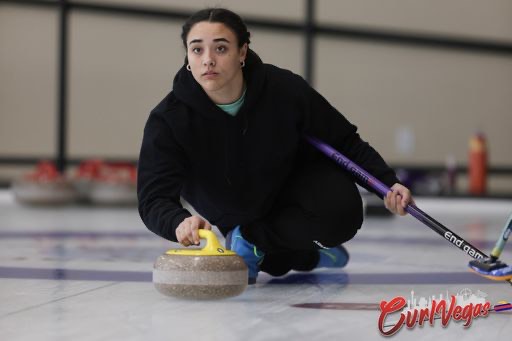
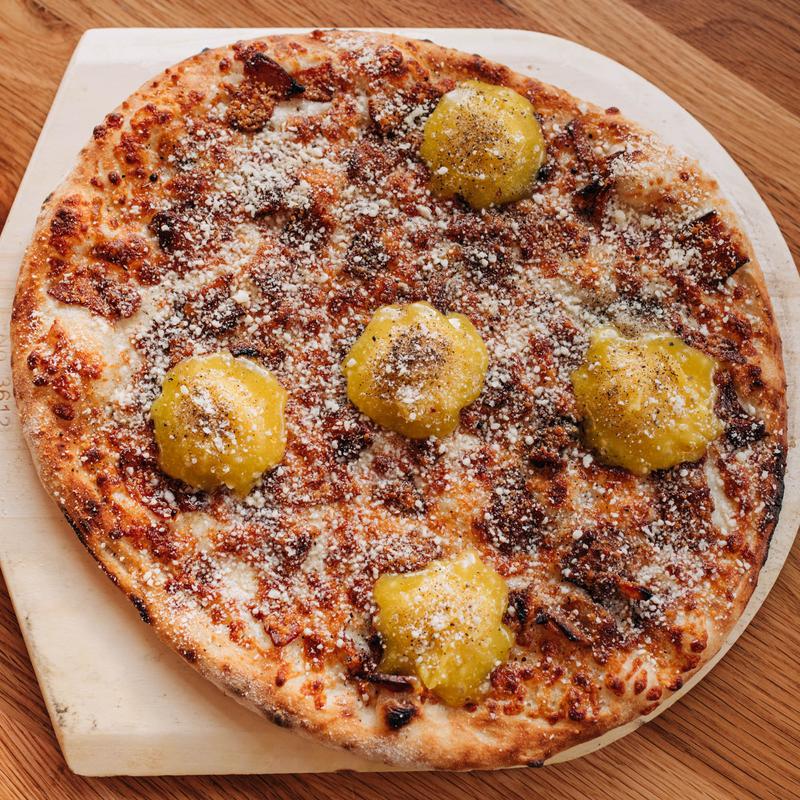










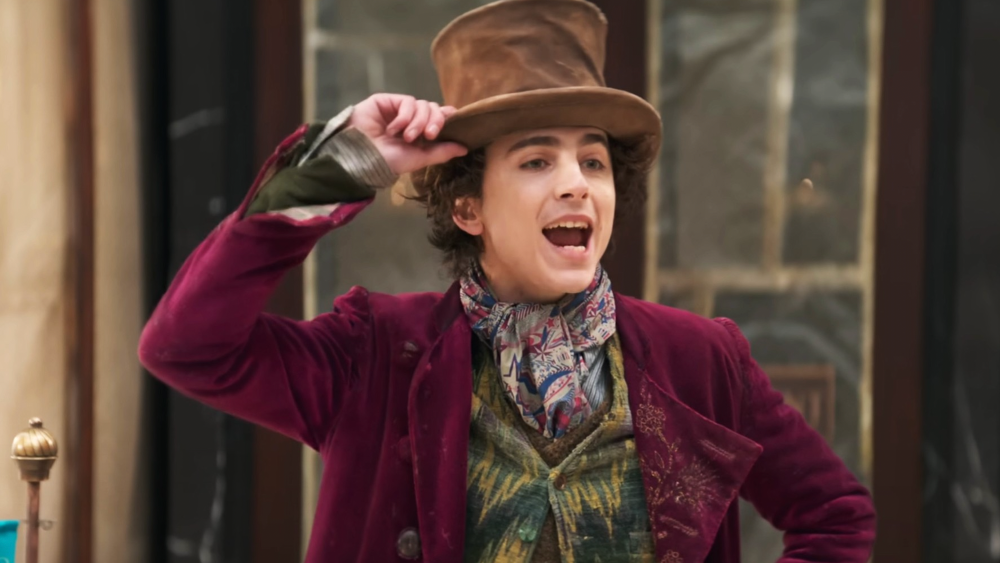










![[OPINION] The dark origins of TikTok's looksmaxxing trend](https://www.mvviewer.org/wp-content/uploads/2024/02/Copy-of-Copy-of-Untitled-Design-1200x675.png)


